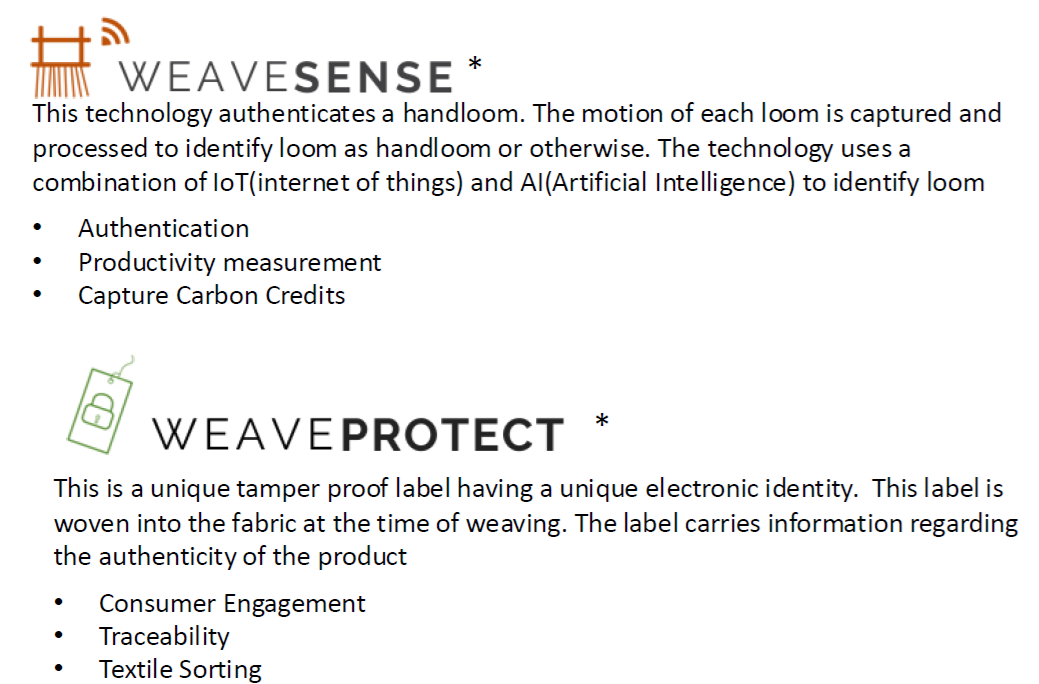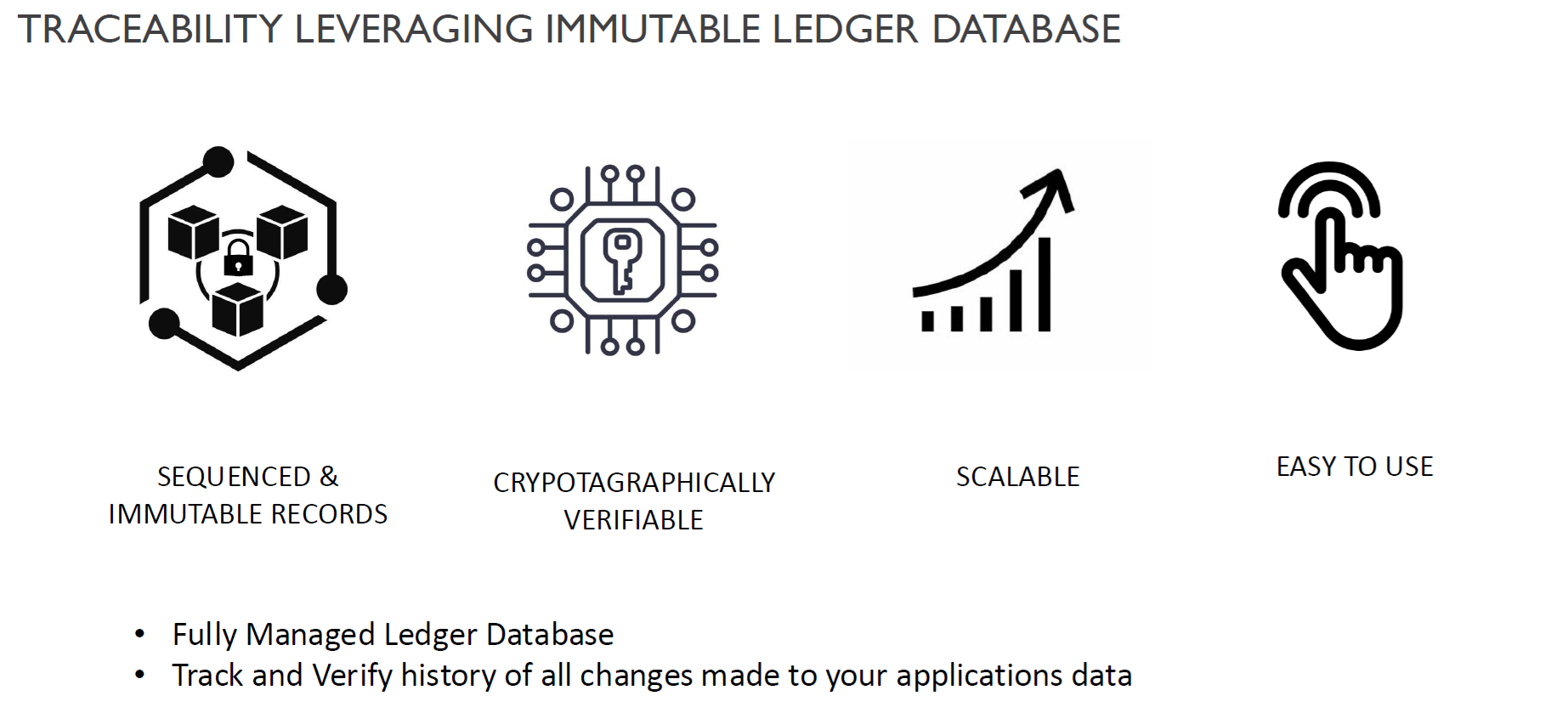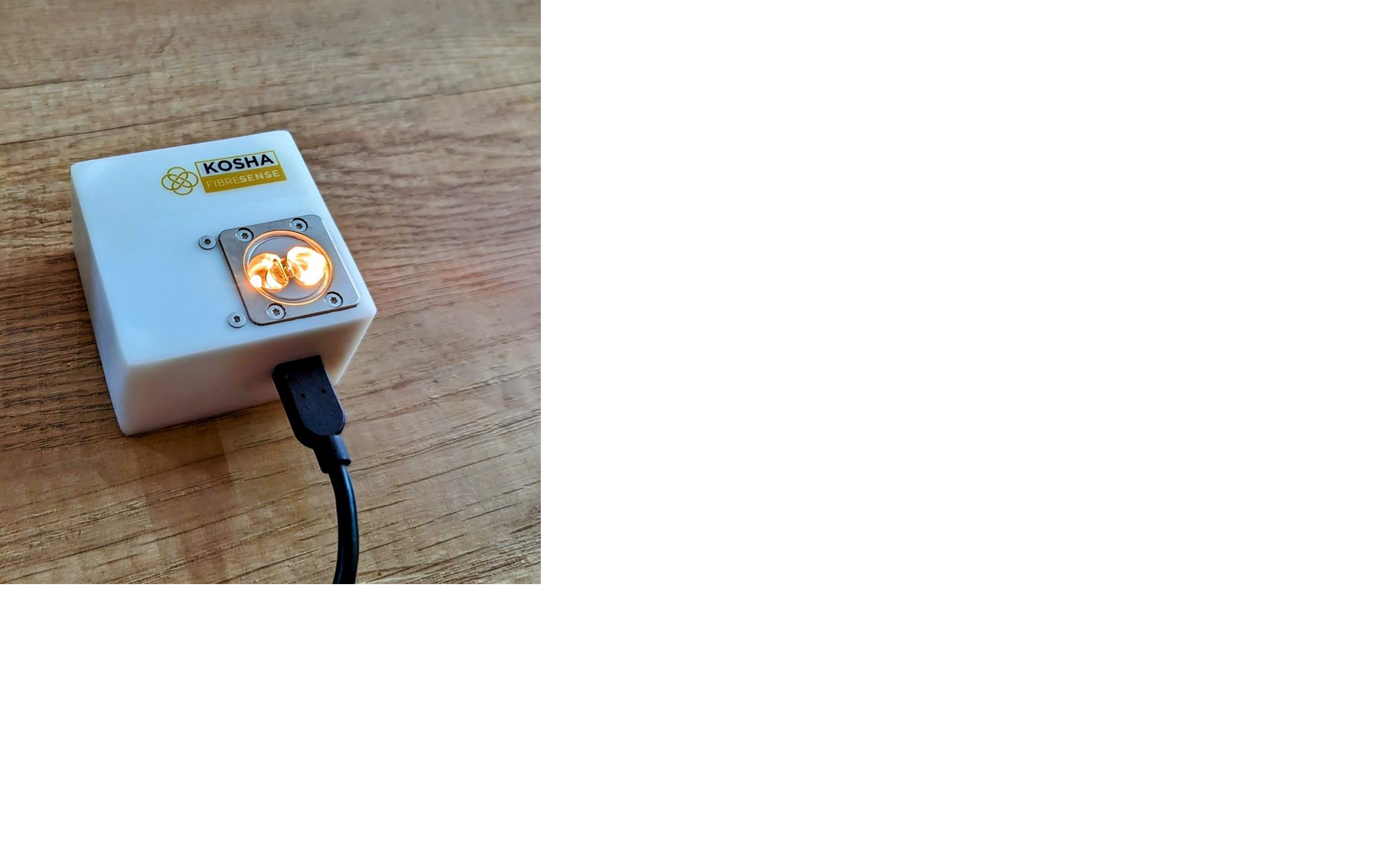Summary
- Profile Type
- Technology offer
- POD Reference
- TOIN20250206006
- Term of Validity
- 6 February 2025 - 6 February 2026
- Company's Country
- India
- Type of partnership
- Commercial agreement with technical assistance
- Research and development cooperation agreement
- Targeted Countries
- All countries
Contact the EEN partner nearest to you for more information.
Find my local partner
General information
- Short Summary
-
The Indian company offers a portable, and non-destructive textile segregation solution that leverages optical technology for rapid, accurate material identification. It enables on-site sorting of textile waste in seconds, reducing transportation needs and logistical costs.
The company also has a platform to manage supply networks, track and trace products in the textile value chain, allowing for authentication, greater supply efficiency and traceability. Seeking partners and lead customers. - Full Description
-
A platform to manage supply networks, track and trace products
Our technology's portability makes it ideal for use in diverse settings, from local collection points to large recycling centers, promoting accessibility. The device ensures nondestructive analysis, preserving material quality for recycling, and offers a cost-effective alternative for smaller communities and businesses.
With a no-code platform, users can create customized sorting models tailored to their recycling needs, supported by real-time data for optimized waste management. Featuring an intuitive interface, local language options, and customizable features, our technology aligns with global sustainability goals, enhancing circularity in the fashion industry. - Advantages and Innovations
-
One of the primary barriers to effective textile recycling is the challenge of material identification and sorting. Current methods rely heavily on manual sorting, which is labor-intensive, slow, and prone to errors, limiting scalability. This inefficiency hinders recycling efforts, leaving vast amounts of waste improperly managed, contributing to environmental pollution and resource depletion.
The core issue lies in the absence of efficient, scalable, and cost-effective sorting technologies. Addressing this gap is essential to enhance recycling programs, reduce environmental impact, and unlock the untapped potential of textile waste. We are tackling this issue.
Benefits:
1. Accurate Material Identification: Provides immediate and precise analysis of textile fibers, facilitating proper sorting for recycling or upcycling.
2. Portability and Efficiency: The device’s handheld design allows for easy, on-site assessments, enhancing operational efficiency in textile sorting and recycling processes.
3. Non-Destructive Testing: Analyze textiles without causing damage, preserving the integrity of materials during inspection.
4. Empowering Workforce Development: By integrating the technology into operations, organizations can upskill workers, providing them with valuable expertise in textile identification and recycling.
Overall, the technology enhances the efficiency and accuracy of textile recycling efforts, contributing to a more sustainable and inclusive circular economy. The solution can be customised to also offer traceability for textile production activities to ensure that there is data available for EPR targets. - Stage of Development
- Already on the market
- Sustainable Development Goals
- Goal 13: Climate Action
- Goal 11: Sustainable Cities and Communities
- Goal 12: Responsible Consumption and Production
- Goal 9: Industry, Innovation and Infrastructure
- IPR status
- IPR applied but not yet granted
Partner Sought
- Expected Role of a Partner
-
The company seeks partners/customers seeking innovative technologies in the textile waste segregation, sorting and traceability areas.
1) Fashion designers/Textile Manufacturers that want to implement traceability for EPR targets
2) Textile Segregation and Sorting Facilities that are looking for advanced segregation solutions at reasonable cost (commerical/pilot agreements)
3) DPP/EPR Consultants for the textile industry looking for technology solutions to complement their services - Type and Size of Partner
- SME <=10
- SME 50 - 249
- SME 11-49
- Big company
- Other
- R&D Institution
- University
- Type of partnership
- Commercial agreement with technical assistance
- Research and development cooperation agreement
Dissemination
- Technology keywords
- 01003007 - Computer Technology/Graphics, Meta Computing
- 02007009 - Materials Handling Technology (solids, fluids, gases)
- Market keywords
- 08003005 - Other industrial machinery for textile, paper & other industries
- Sector Groups Involved
- Textiles
- Retail
- Targeted countries
- All countries



